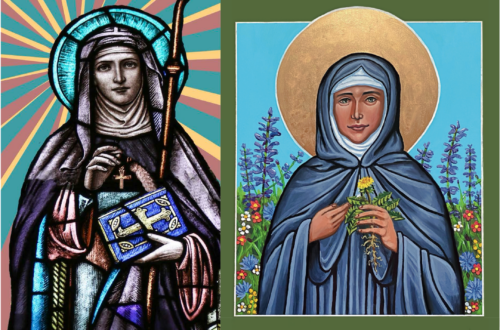Dominican Republic Abortion Ban Protest
In Opposition to the Dominican Republic’s altering of the criminal code with regard to abortion, protests were held December 8. Alterations of the code, which harkens back to the criminal code of 1884, criminalize virtually all instances of abortion, including pregnancies caused by rape and incest, and terminations in instances when the fetus possesses a serious medical condition. The Center for Reproductive Rights estimates that more than 90,000 unsafe abortions occur annually as result of the Dominican Republic’s stringent abortion laws.
Such changes to the criminal code stand in stark contrast to amendments made to it in 2015. Those alterations would have allowed for abortion in the now-criminalized circumstances, as well as in the instance of the woman’s life being endangered. The 2015 changes were set to go into effect on December 27, 2016, though they were blocked by the Dominican courts before they could make their way into law. Allegations have been made that substantial lobbying from religious conservatives aided in pressuring the courts into blocking the measures, which essentially reverts the legal status of abortion to that of the criminal code of 1884. The court’s ruling was followed by the Senate’s December 12 vote to continue penalizing abortions, with those convicted of providing the service facing incarceration from two to 10 years.
A slight reversal in legislative momentum occurred on February 8, when a Senate commission favored newly agreed upon observations and recommendations put forth by President Danilo Medina in response to earlier protests. President Danilo’s observations suggest that the wording of the new code states that “with the exception of the extenuating circumstances [rape, incest, fetal inviability, danger to a woman’s life] set out in article 110, anyone who through food, potions, medicines, treatments or any other method, cause the interruption of a woman’s pregnancy or cooperates with this purpose, even when she considers it, will be penalized with two or three years in prison.”
As the commission was meeting to deliberate on the president’s suggestions, Bishop Victor Masalles of the Bani Diocese addressed them, urging that they discard Medina’s inclusion of extenuating circumstances.



